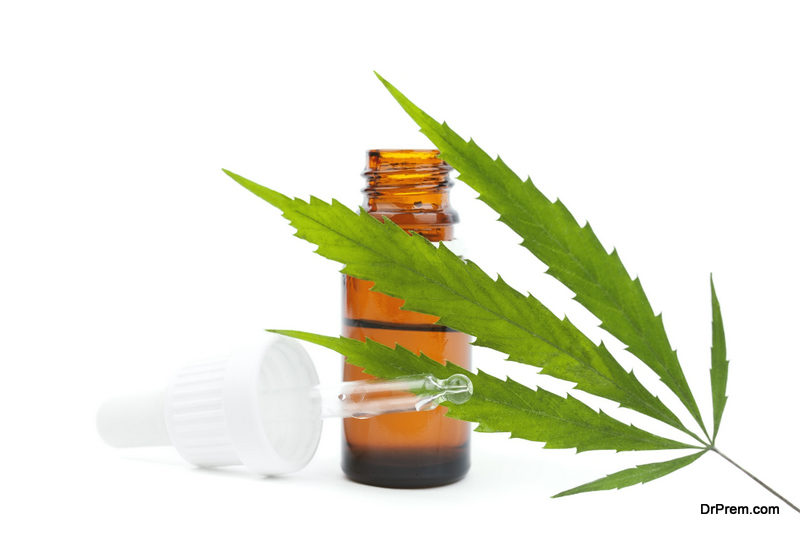For those suffering from anxiety and related disorders, getting the right medication is all about trial and error. Not all medications work equally and successfully in different groups of people creating a rather baffling situation for medical practitioners to pick the right one out for patients. And then, there are multiple side effects and inherent limitations of traditional anti-anxiety drugs making it an even harder choice.
This is perhaps the reason for the buzz surrounding CBD being used to treat anxiety. And not just anxiety, but CBD oil has received various positive reviews for treating various other anxiety-related disorders likePanic Disorder, Obsessive Compulsive Disorder(OCD), Social phobia, Depression, Post Traumatic Stress Disorder(PTSD), etc.
Let’s start by understanding more about CBD’s work at the neurochemical level.
CBD’s work at the neurological level
 So, the good news as pointed out by various research studies is that CBD oil does seem to be a successful alternative to traditional anti-anxiety medications owing to its low side effects and dependency factors. Understanding CBD at its neuro-chemical working level helps us understand the possible reasons for the same.
So, the good news as pointed out by various research studies is that CBD oil does seem to be a successful alternative to traditional anti-anxiety medications owing to its low side effects and dependency factors. Understanding CBD at its neuro-chemical working level helps us understand the possible reasons for the same.
CBD (cannabidiol) is one of the many active compounds found in the cannabis (marijuana) plant. When used in isolation, it is completely non-psychoactive and hence does not cause typical marijuana-like “high” or dependency symptoms but has multiple health benefits.
The human endocannabinoid system is responsible for the regulation of balance, moods, immune responses, sleep, etc within the body. A well-balanced system results in balanced neurological responses. Anxiety and related disorders are a result of uncontrolled chemical imbalances within the system. Various anti-anxiety drugs use serotonin reuptake inhibitors (SSRIs) which work by blocking the re-absorption of serotonin in the brain and hence making it available for transmission. The smooth transmission of serotonin signals help in mood alleviation and reducing symptoms of anxiety. Similar to or rather more effectively than SSRI drugs, CBD help boost the signal transmission through serotonin receptors, thereby relieving the symptoms of anxiety.
Various pieces of research also suggest that CBD helps in the process of neurogenesis within the hippocampus which points out to its efficacy in treating depression and related neuro disorders.
Adding to the list, CBD being an anti-inflammatory is known to relieve chronic pain conditions that are sometimes correlated to anxiety.
Suggestive research
With multiple animal and human studies being carried out in the past to demonstrate the effects of CBD in improving anxiety disorder symptoms, the results have been pleasantly surprising and positive. Various study group participants have reported positive results with an overall reduction of anxiety symptoms and indicators, thereby validating CBD’s efficacy as an alternative drug to treat anxiety.
Given the high level of interest within the user groups and the medical community, more research regarding the long term effects, dosage patterns, etc is definitely needed.
Some final thoughts
 All said CBD is an ingredient that interacts directly at the neurological levels. Carrying out a thorough study of the products available in the market along with a detailed discussion with your healthcare practitioner (regarding its safety, drug interactions, dosage, etc.) is recommended before considering its usage.
All said CBD is an ingredient that interacts directly at the neurological levels. Carrying out a thorough study of the products available in the market along with a detailed discussion with your healthcare practitioner (regarding its safety, drug interactions, dosage, etc.) is recommended before considering its usage.
While more research is clearly needed to study the long term effects as well as potential side effects, the overall efficacy along with low/negligible side effects definitely point out towards a very promising future for CBD’s use in treating anxiety and related disorders.
Article Submitted By Community Writer




